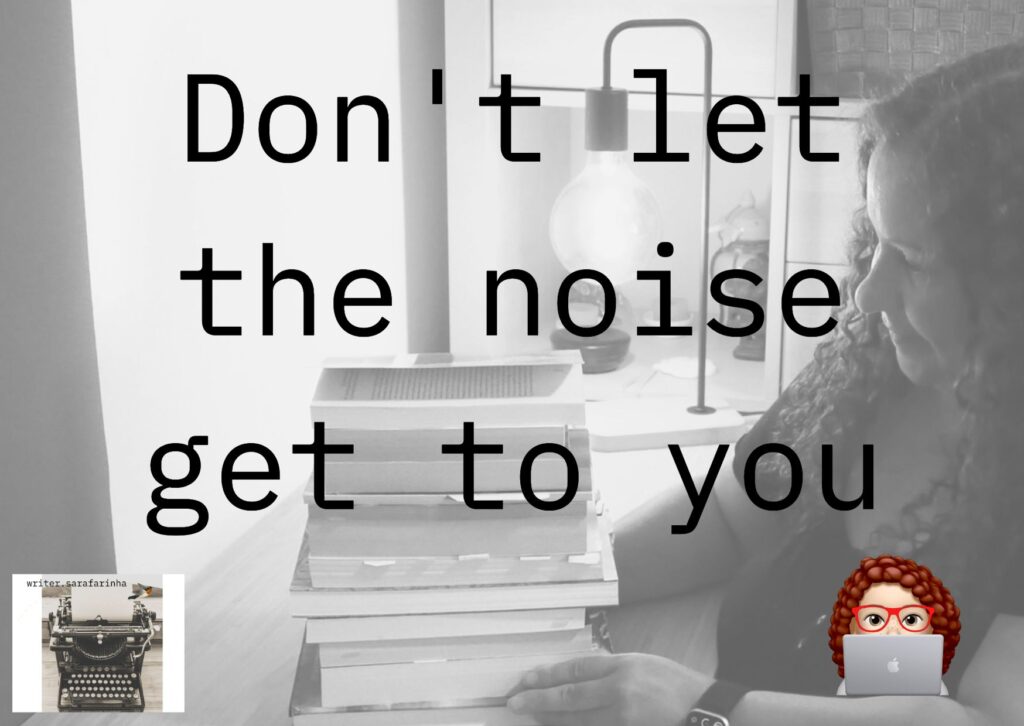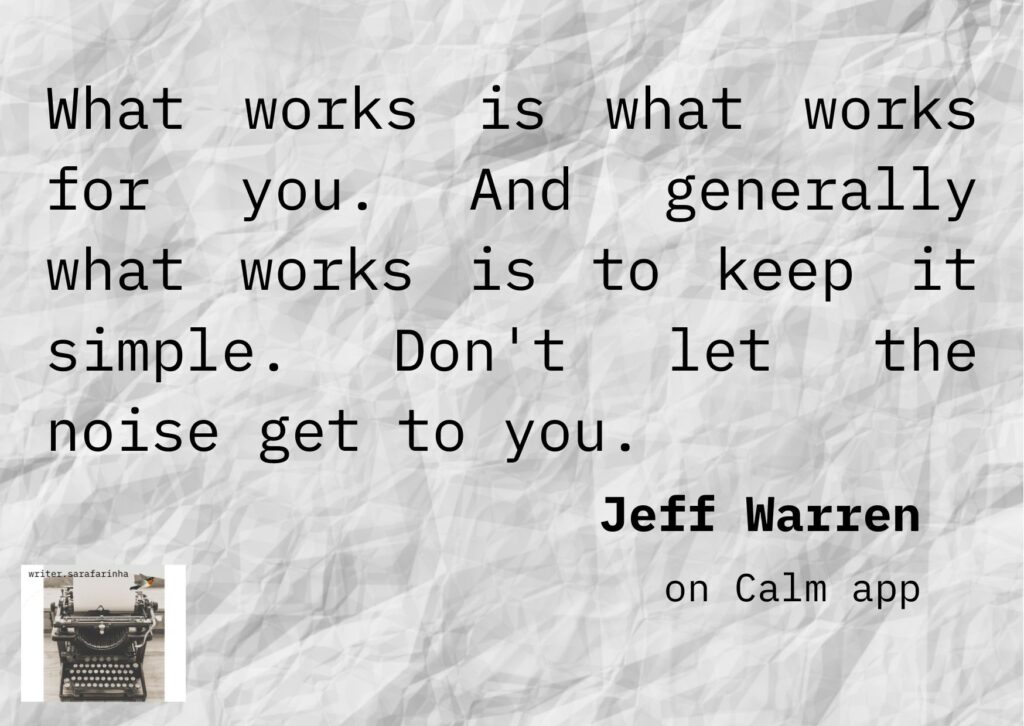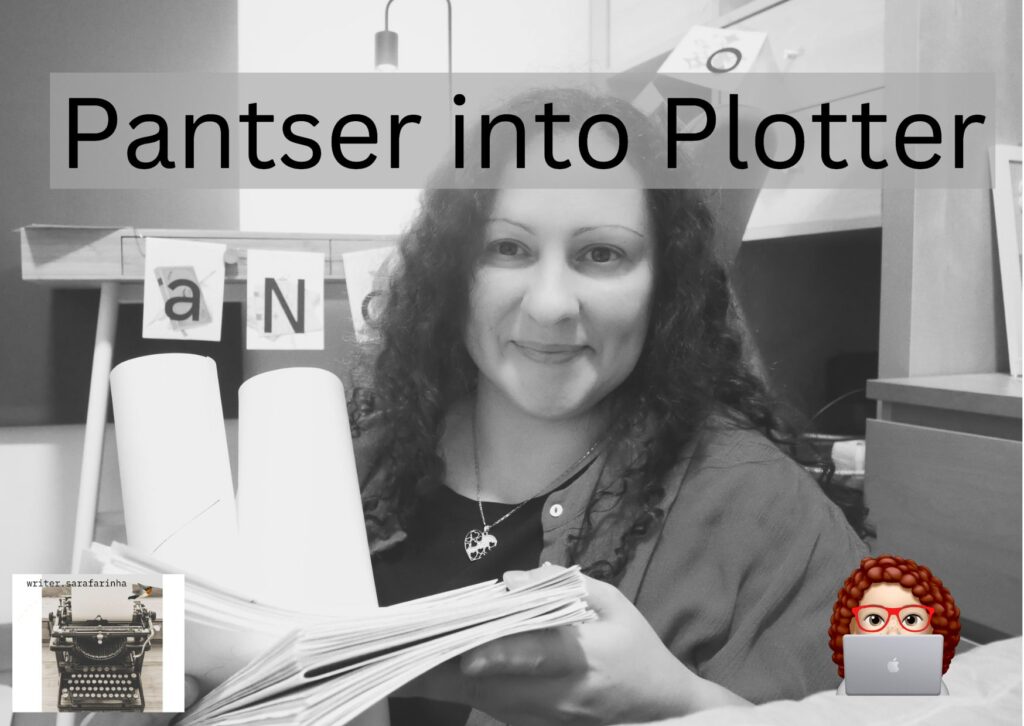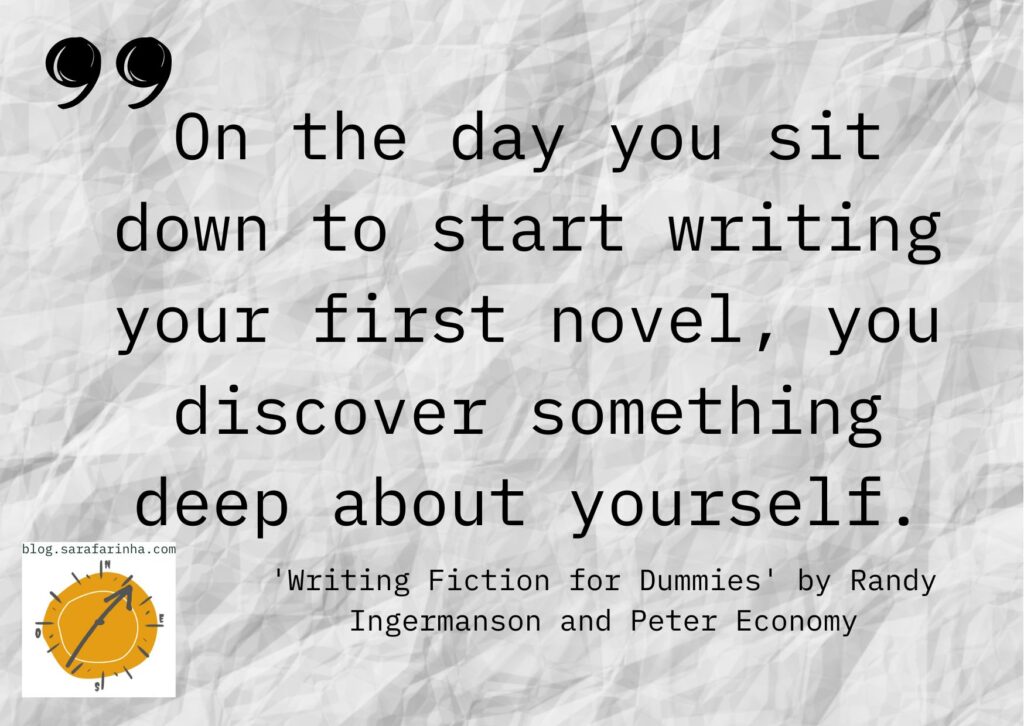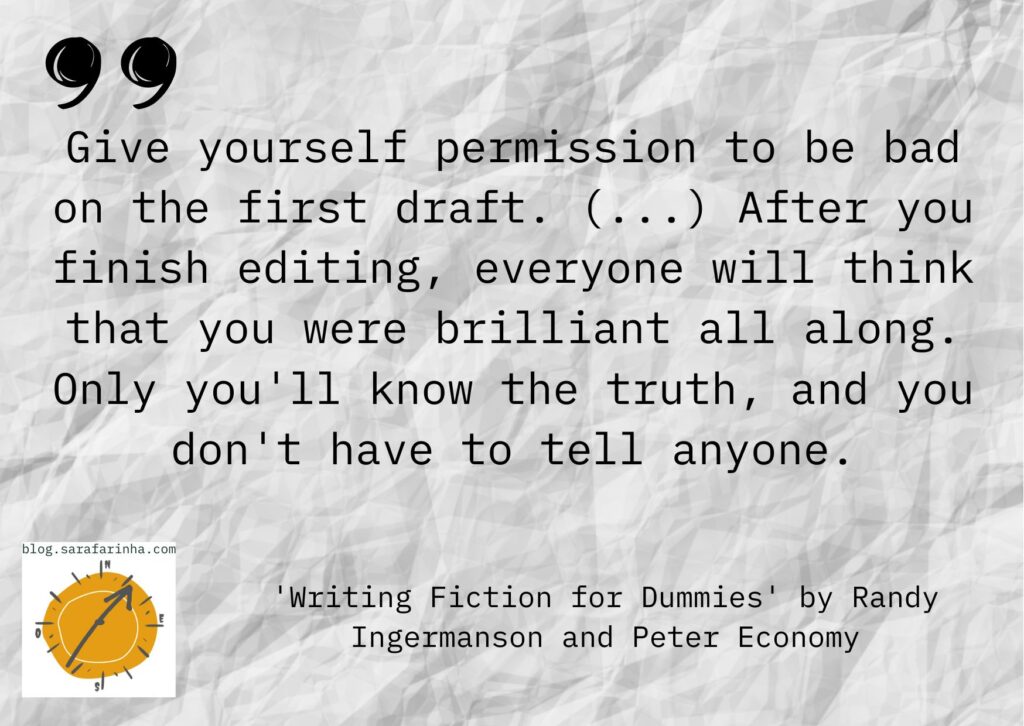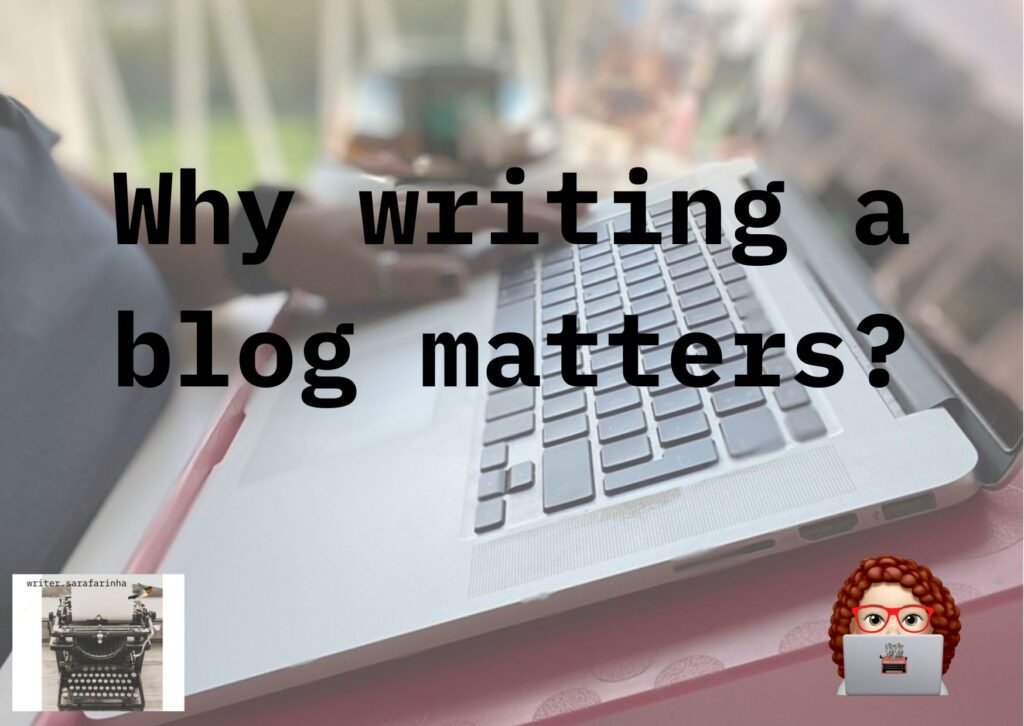
Hello all! Welcome back to this blog!
Let’s talk about writing!… blog writing.
Why should a writer maintain a blog? Why should they deviate from their fiction writing? Why should they waste time in other project than his books?
Having a blog requires us to learn new skills and put them to use. Not just gaining writing skills more adequate to the blog format, but also research skills on our favorite blogging themes, technical skills on a miriade os subjects connected to this format, and other creative mind paths that help us write consistently.
From my personal experience, I stand by every reason I’ll mention bellow, in this article. I have been a witness to them all.
It has been a fun trip – sometimes not so fun but exasperating one – devoting part of my attention to a blog. My Portuguese blog is celebrating its fifteen birthday next month, of regular two/three weekly publications. And my English one has just started and is already teaching me tons about this new blogging world.
It requires a lot of constant work, I give you that. But it gives me such pleasure to have these writing projects always on the move, and feeling that I can share something that might make a difference in other peoples creative lives. There’s no feeling like the one of receiving feedback from one of my articles.
I will leave you some well-known writer’s blogs so you can see for yourself what I am talking about, and what we can do with it: Neil Gaiman; Ursula K. Le Guin; Joanna Penn;
So… why should a writer maintain a blog?
Writing practice…
Practice makes perfect, at least that’s what’s how the saying goes. Blogging requires a constant flux of writing and this is good practice per se, isn’t it?
Nurture Creative Writings
Writing in a different format from the usual fiction, non-fiction or journal practice, nurtures other types of publications. It pushes us to be creative outside our normal writing formats.
Develop our Researching Skills
We learn a lot while we research for blog writing and we can become real experts on our subjects. Also we keep research as a constant practice which allow us to hone our researching skills.
Broadens our Knowledge and Themes
We have a constant incentive to look for writing subjects, making us more attentive to what goes around in our fields. Writing themes get expanded and thoroughly investigated. And it gives us other themes to talk about besides marketing our published works.
Public Exposure
It gives us public exposure, gets new people to know and visit our website, and broadens our like-minded community of people.
Grow our Reading Community
It helps us reach more possible readers for our other works. We have a chance to show ourselves, and with that to captivate more people that might enjoy our fiction and non-fiction writings.
Gives us Access to Readers
It makes us contact with our readers in a more private way. We get to talk about our personal experiences and to connect with readers in a more direct way. If a person subscribe, it allows us to connect with them on a more regular base.
Unravels Opportunities
It gives us beneficial exposure and other opportunities related to our writing career. We show up and talk about our themes, and our books, and our creative work and, sometimes, work opportunities materialize themselves.
Allows for Other Creative Outlet
It serves as another creative outlet for those of us that like to create in different areas. We get to work on blog writing and on creating content that may be very different from our usual creative pursuits.
Serves as a Life Journal
Sometimes it serves as a journal for our own writing life, or other life experiences. Getting other ideas for what comes next, while sharing some experience with our readers is very common. We use it to work out some of the kinks of some creative projects. We use it as a tool to unwind some concepts about a theme. We use it to share our progress or digress from our plans and goals.
It’s an Outlet of sorts
It can be an outlet when things get tough in the big writing business. We get to talk about what’s bothering us, or about what options there are, or about how we are coping with something. And maybe we find someone that relates to our experience.
Eleven reasons why a writing a blog matters.
And these are just for us, writers. Because if I look at it from the readers perspective, I’m sure I’ll be finding many more.
We are writers because we write, and we may love to write in different formats. I know I do.
We have good examples of this by creatives that wrote on different formats that the usual book. We have letter writers, e-mail writers, list writers, bullet journal writers, song writers, poetry writers…
Having also worked on some blog writings, transforming them into book format, I tell you there are a lot of seeds dwindling in our blog writings that can be properly cared for in other formats.
So, blog writing also gives us seeds for growing new works…
What do you feel about blogging? Or vlogging? Or other writing formats? What do you favor most?
Do you have a blog waiting to be put into a book format? Talk to me!
Please leave a comment and subscribe for more content.
Bye and Keep writing! ✍🏼
***
